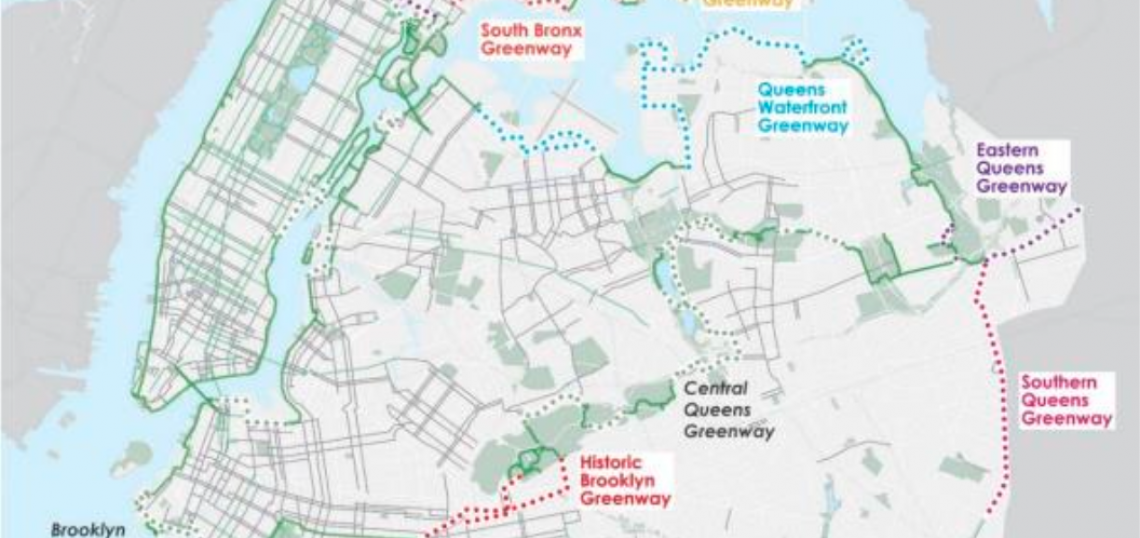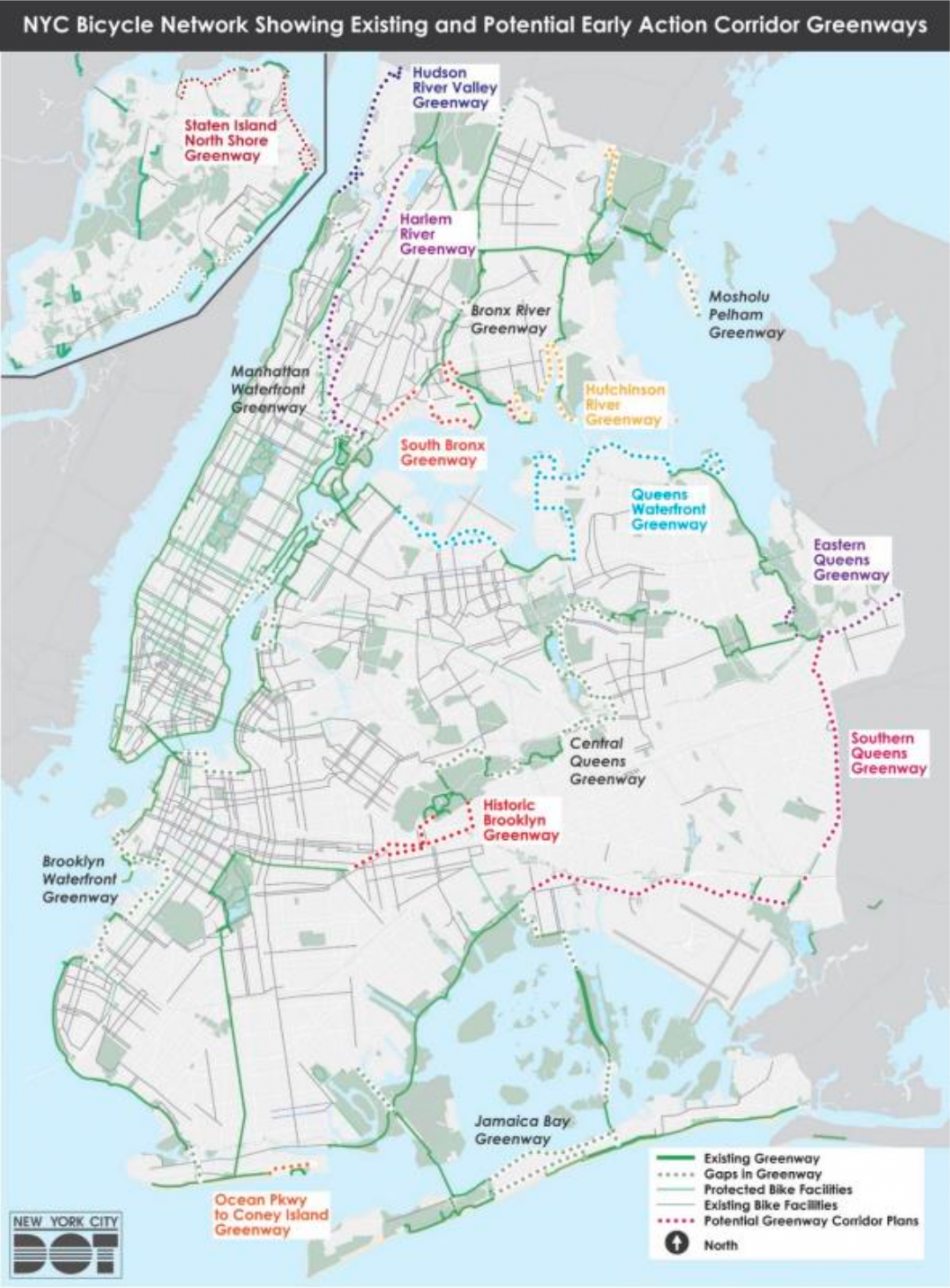Last week, the U.S. Department of Transportation announced the awarding of $2.2 billion in grants through the Rebuilding American Infrastructure with Sustainability and Equity (RAISE) program, providing money for 166 projects centered on modernizing road, bridge, transit, rail, and other forms of infrastructure.
“We are proud to support so many outstanding infrastructure projects in communities large and small, modernizing America’s transportation systems to make them safer, more affordable, more accessible, and more sustainable,” said U.S. Transportation Secretary Pete Buttigieg in a statement. “Using funds from President Biden’s Bipartisan Infrastructure Law, this year we are supporting more projects than ever before.”
The funding awards, which were made based on criteria including safety, environmental sustainability, and economic impact, include a handful in the New York area. Two that may have caught your eye include:
Ferry service from Elizabeth, NJ to Manhattan ($5 million)
This planning grant will examine, identify and assess the feasibility of construction of a ferry terminal and incorporation of a ferry service from Elizabeth, NJ to Manhattan. The study will explore viable service locations at the municipality’s waterfront, required infrastructure and supportive services, as well as include alternatives to promote energy efficiency and effectiveness.
The project will create transportation choices for individuals by providing a direct over-water connection to New York City and New Jersey. The project seeks to incorporate electric vehicle infrastructure which will reduce emissions and ease congestion by providing a new transportation option.
NYC Greenway Expansion ($7.25 million)
Project Description: This planning project will enable a major expansion of the NYC greenway network, with a focus on underdeveloped greenway sections. The project will result in an Early Action corridor plan, Future Action corridor plans, and a greenways vision plan.
The project will reduce crashes and injuries by installing dedicated bike lanes to help protect cyclists. It will also increase transportation options and reduce vehicle miles traveled, as well as incorporate innovative recycled pavement materials into construction. The project will help fill the gaps between existing greenway paths which will reduce the burden of commuting to employment centers and provide access to more transit stations.







